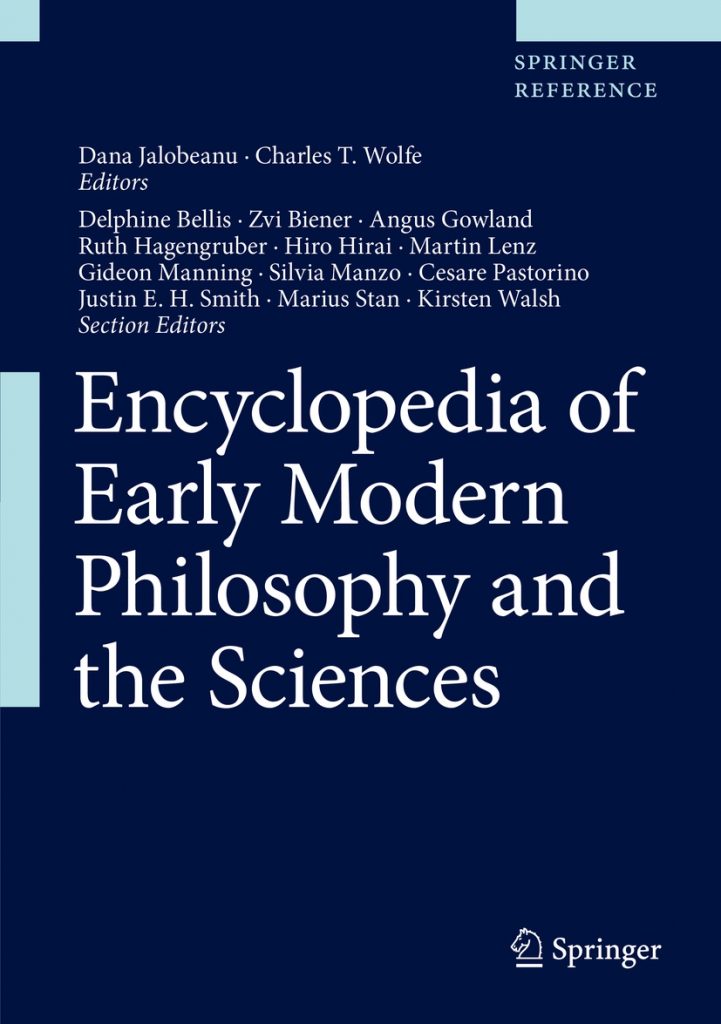“Essential ideas significantly connected to humanism, Renaissance, and early modern philosophy stem from women’s pens. The supportive role of women in the early modern period has hardly been recognized up to today. The relevant issues women have contributed to range from commentaries on and critiques of the Bible, and their demands for equality and the critique of political institutions, topics that became eminent enhancers of political and societal change in the relevant period of early modern philosophy, to enlightenment philosophy. The experience of oppression allowed women to critically reflect epistemology and traditions. The claim on the truth of the subject’s selfexperience became a marker to rebut scholarly wisdom from the books that were seen as “filled with prejudice.” Women evaluated sources from antiquity, retracing their own legacies back to the figures of the ancient period. As a result, a number of listings of women’s traces can be found in that period, partly documentary, partly mythical. This sort of encyclopedic endeavor of retracing a tradition was in line with and even encouraged a tendency in that period to support women’s inclusion. Examples can be found from 1400–1750.”
You cannot copy content of this page









